CAR T-Cell Therapy
At UMass Memorial Health, you have access to promising new treatment options, such as CAR T-cell therapy for malignant diagnoses such as lymphomas and myelomas and nonmalignant diagnoses such as lupus nephritis and autoimmune disorders via clinical trials.
Chimeric Antigen Receptor T-Cell Therapy: How It Works
CAR T-cell therapy starts by modifying a sample of your T cells. In a laboratory, experts reprogram the cells to produce chimeric antigen receptors. We then put the modified cells back into your body through a vein (infusion). Careful measures are in place throughout this process to ensure safe, high-quality services.
Here’s more about how it works:
T Cell Collection
We remove blood through a needle in your arm. The blood flows into an apheresis machine, which removes specific blood components (like T cells). The remaining components flow back into your body through a needle in the other arm.
Infusion
When the modified cells are ready, we admit you to the hospital and deliver them via infusion. Before receiving CAR T-cells, you undergo a few days of chemotherapy followed by a few days of rest. You then receive a blood transfusion containing your T cells.
Monitoring
It’s necessary to stay in the hospital after CAR T-cell therapy so we can monitor your response. You may receive medications to prevent or control side effects, such as reactions to CAR T-cells (cytokine release syndrome), infections or fever. Monitoring may last a few days or up to several weeks.
Why Choose Us for CAR T-Cell Therapy?
Expertise
You receive services from hematologist-oncologists and cellular therapy specialists who deliver the best available blood cancer treatments. Our depth of experience with CAR T-cell therapy leads to timely, appropriate care. Our attentive approach makes it possible to manage side effects so you can achieve excellent results.
CAR T-Cell Therapy Research
UMass Memorial is one of the few programs in the region advancing blood cancer treatment through research. We participate in regional and national clinical trials exploring CAR T-cell therapy’s effectiveness for additional cancer types and non-malignant diseases such as lupus nephritis and scleroderma. Find out more about cancer research and clinical trials.
Coordinated Care
CAR T-cell therapy is one of many services that make up your personalized care plan. Hematologist-oncologists may arrange additional treatments before or after CAR T-cell therapy. We also offer comprehensive support from pharmacists, nurse navigators, health psychologists, social workers and palliative medicine doctors. Get more information about cancer resources and support.
Our Cancer Locations
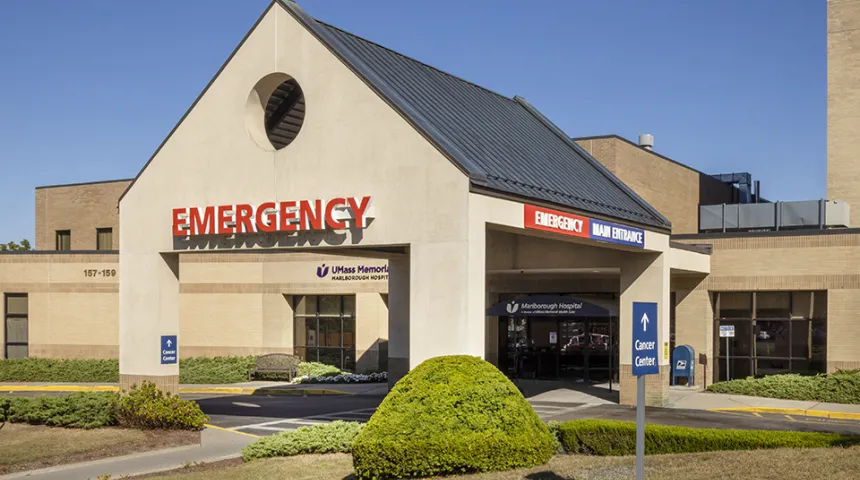
UMass Memorial Medical Center - Marlborough Campus
157 Union Street,
Marlborough, MA 01752

UMass Memorial Medical Center - University Campus
55 Lake Avenue North,
Worcester, MA 01655
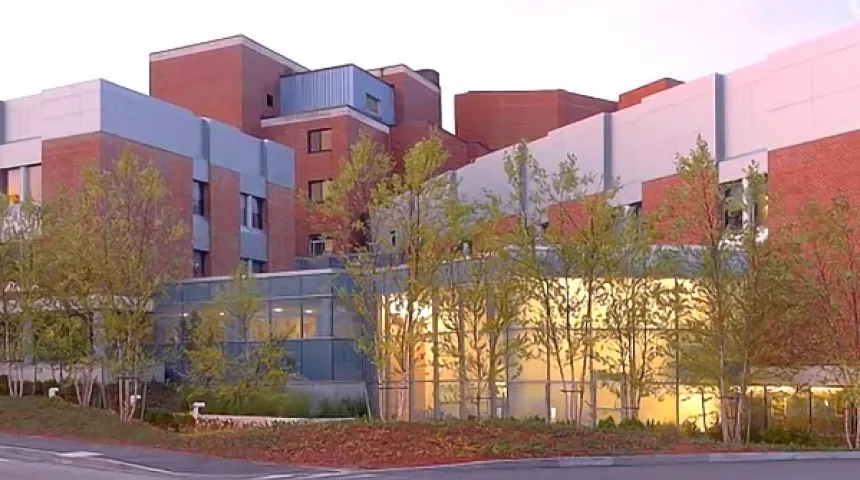
Milford Regional Medical Center
14 Prospect Street,
Milford, MA 01757
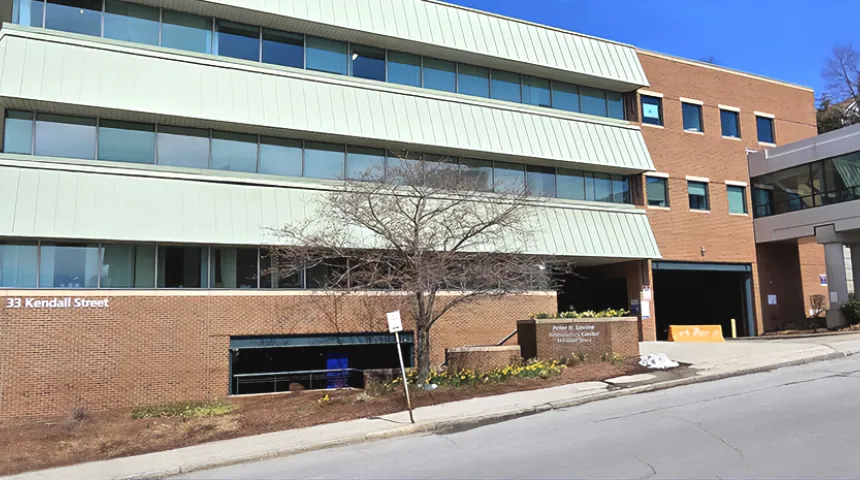
UMass Memorial Medical Center - Memorial Campus Peter H. Levine Ambulatory Center
33 Kendall Street,
Levine Building,
Worcester, MA 01605
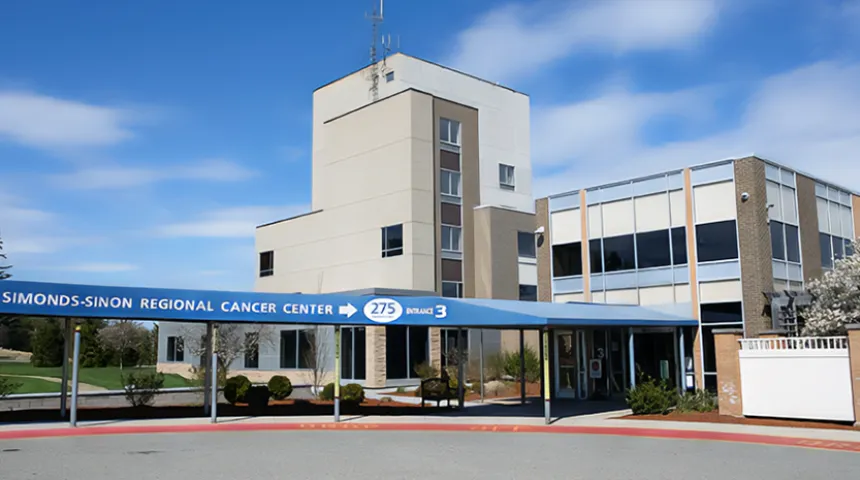
Simonds-Sinon Regional Cancer Center
275 Nichols Road,
Fitchburg, MA 01420
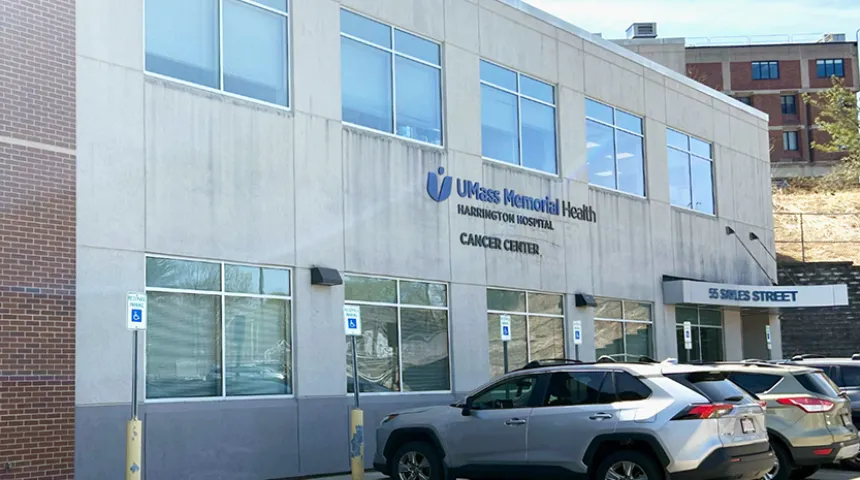
The Cancer Center at Harrington Hospital - Southbridge Campus
55 Sayles Street,
Southbridge, MA 01550
Get Started
Call 855-UMASS-MD (855-862-7763) to make an appointment with a CAR T-cell therapy.
